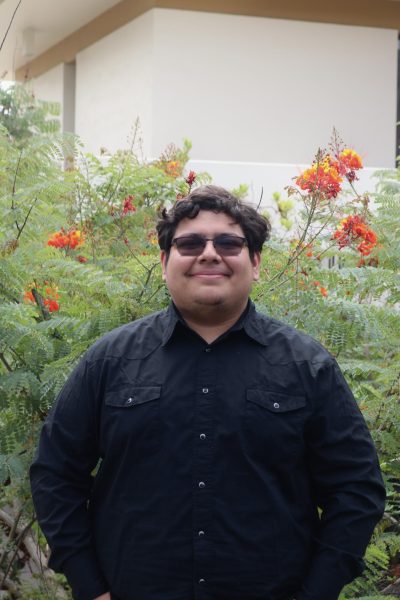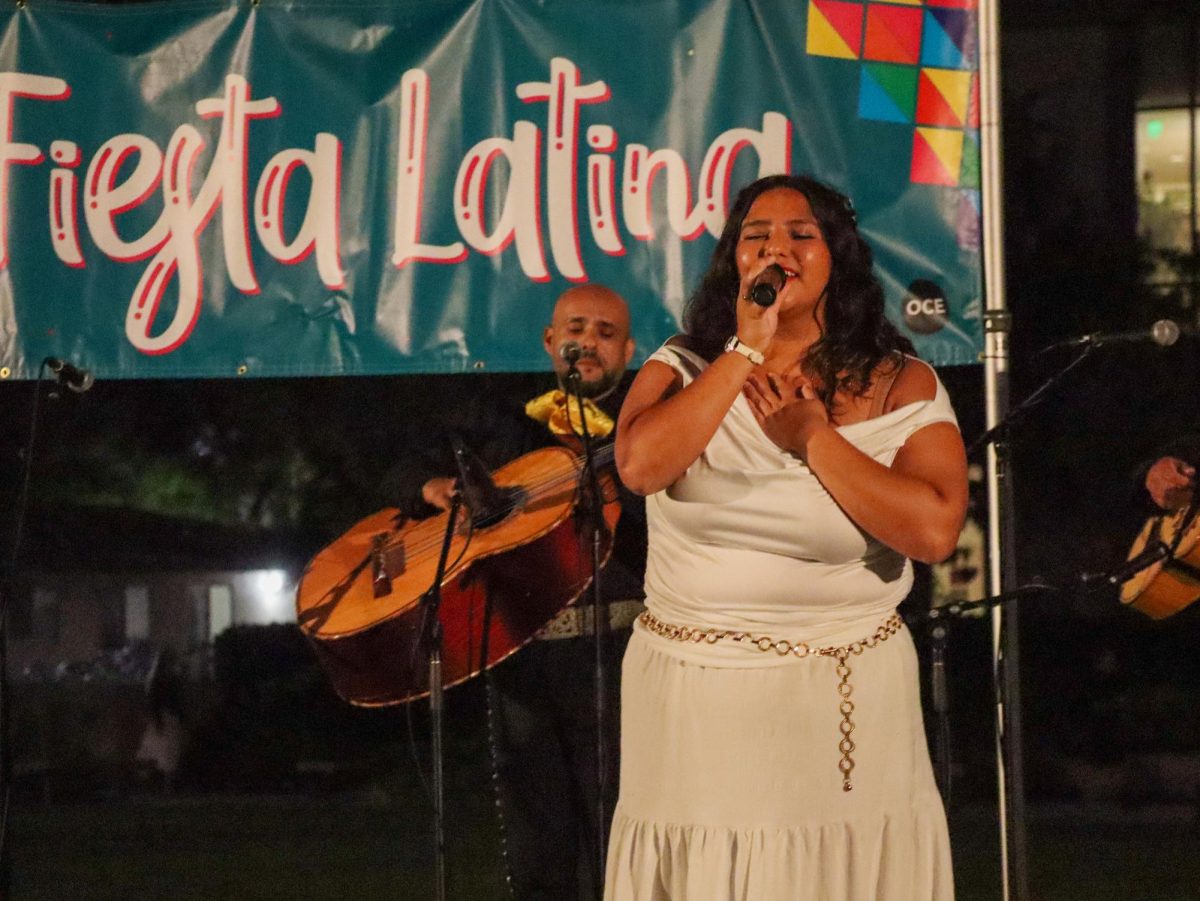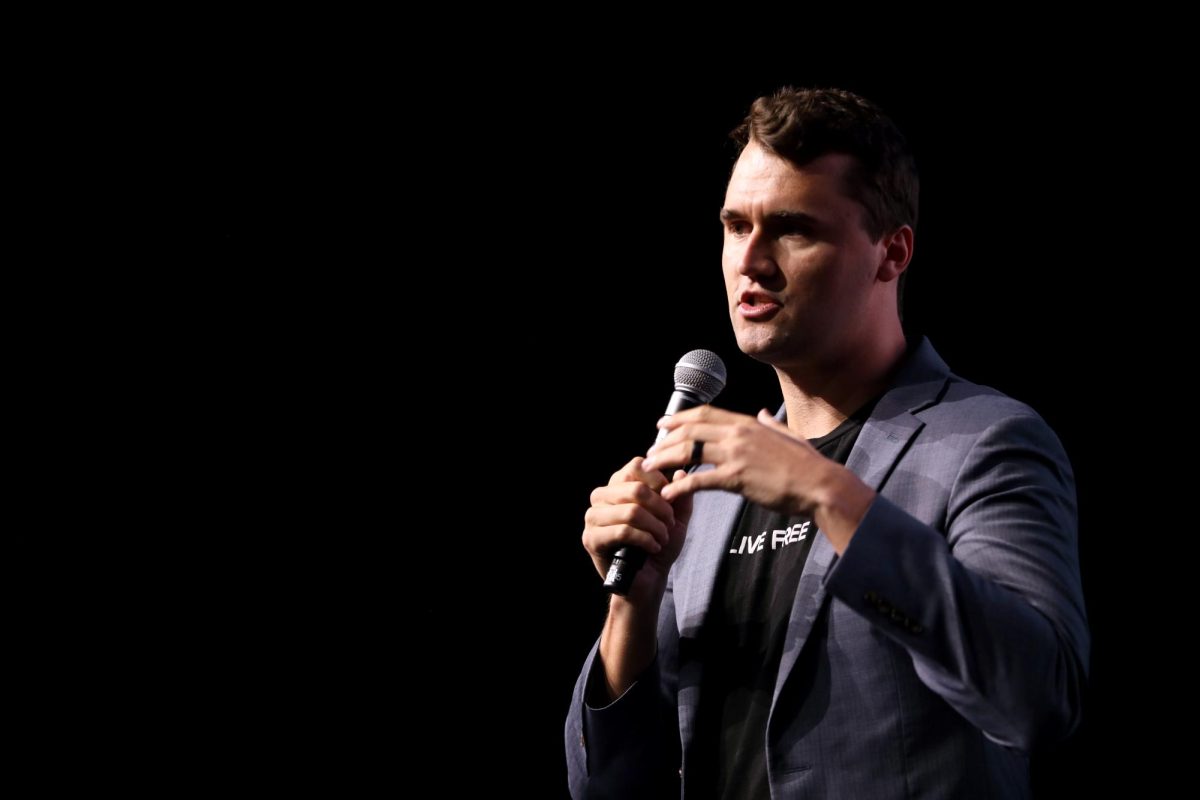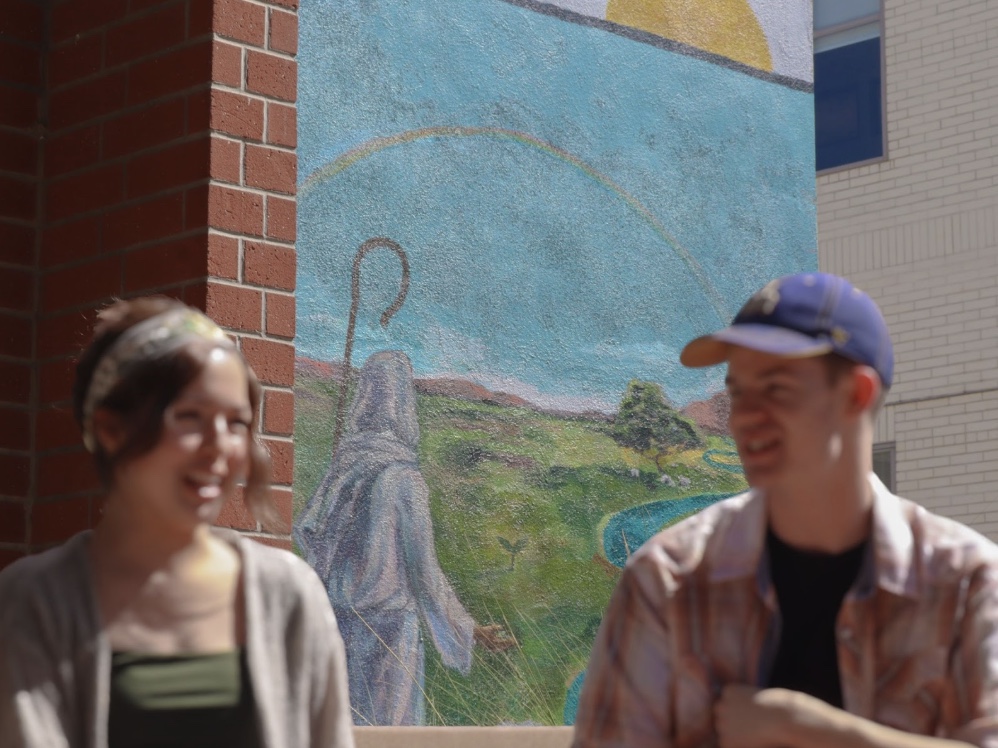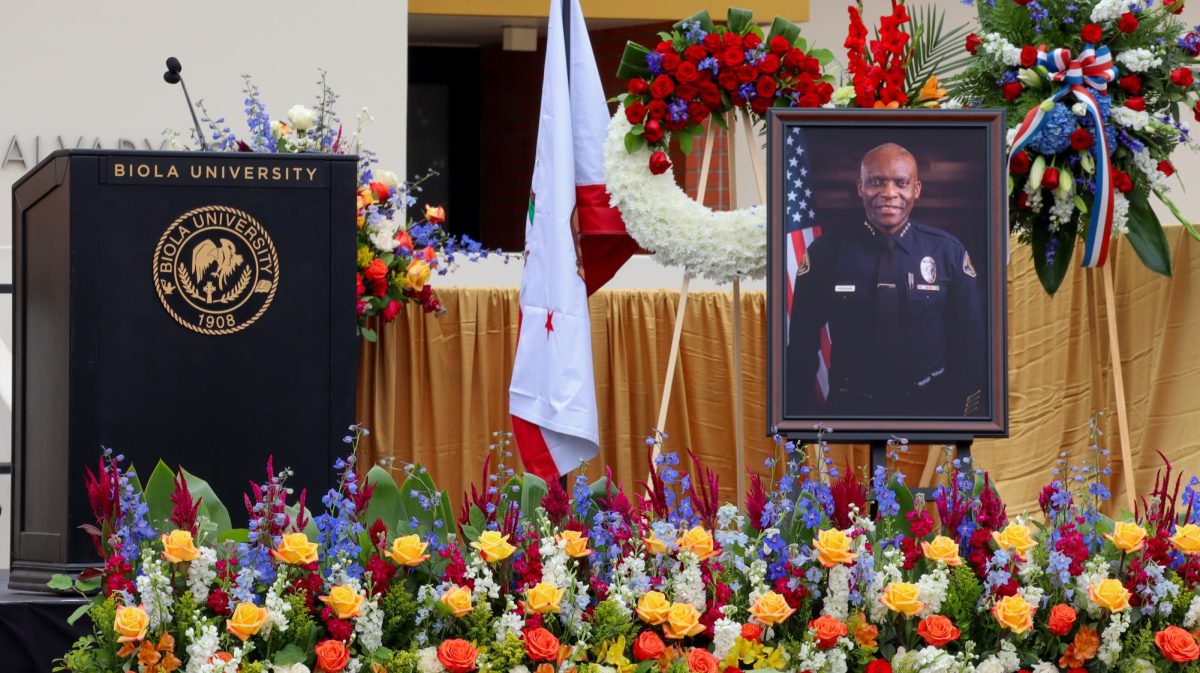On Oct. 2, the Departments of Sociology and Modern Languages held a screening of the first episode of “Living Undocumented,” a Netflix series about families facing the challenges of the American immigration system. The documentary aimed to bring light to the situations of the undocumented, and to see how faith and community can help improve the outcome for these individuals.
This episode followed 3 different families. One was of a man named Luis, who was captured during the hand-off of his step son to the mother at an ICE facility. Secondly, there was a woman named Alejandra in Florida who fought through the appeals process to have her deportation overturned, but ultimately was deported back to Mexico. Lastly, there was an Israeli family living in Los Angeles, with a father who had to navigate being apart from his ailing mother and a daughter who had to grow up under conditions unaware to her peers.
All were navigating their lives in the United States under the stress and worry of being undocumented. Through these families, the episode highlighted the diverse ways in which strict immigration policies can impact families. Some, like Luis and his partner Kenia, are being held in custody by Immigration and Customs Enforcement (ICE). Others like Alejandra are being pursued by the government and are fighting their deportation in court. Still others such as Ron and his family live concerned with being discovered by ICE and lamenting not being able to see family in Israel without being hit with a ten-year ban on returning to the U.S.
After the episode concluded, they hosted a panel discussion featuring Dr. Itzel Meduri, department chair of Modern Languages and professor of Spanish at Biola; Dr. René Molina, a pastor, activist, and professor of Psychology at Vanguard University; and Pastora Ada Valiente, a Baptist minister and social worker in Los Angeles. Before questions were asked, they talked about their backgrounds and how their lives and experiences have been shaped by immigration. Then students had the opportunity to ask questions to the panelists. These questions included “Why do you guys think, in our culture, Christians are so hostile to immigrants?”, “Why do they target these people?” and “How do we get Christians to understand that an unjust law is no law at all?”
An overlapping response that covered both questions was the idea that Christians can often put their political stance above their love for others, thus hindering their ability to see between right and wrong.
“People are forgetting who Jesus was,” said Molina. “Jesus was also an illegal immigrant. Jesus was neither elephant nor donkey; he was a lamb. There are a whole lot of Christians, but very few disciples. If we start looking through the lens of Jesus, things could get better.”
Molina explained how it depends on the person you are speaking to, and that not having any familiarity with them makes the conversation much harder. Valiente also added onto this response with her own perspective.
“You can’t convert anyone, only Jesus can,” said Valiente. “You have to become more empathetic and compassionate for that person, even if they have different ideas.”
For Zurisaday Arulla, a Senior Political Science Major, these concerns are real. This summer, with increased ICE activity in the LA area, Arulla recalls seeing family members staying in their homes for months fearful of being detained if they ventured outside.
“I can think of countless people that I know, family members, community members, Biola peers, that are under these situations,” said Arulla. “One of my close family members was kidnapped here, down the street from Biola.”
These unfortunate events are happening in our world today. Valiente calls us to live our lives with more empathy and compassion. It is always a good idea to strike up conversation with those from different backgrounds to help us grab a better understanding of the world around us.
“…Be more like Christ,” said Valiente. “Love people like Christ does, because God calls us to serve everyone. Our call is to serve people, no matter the color and the background.”


